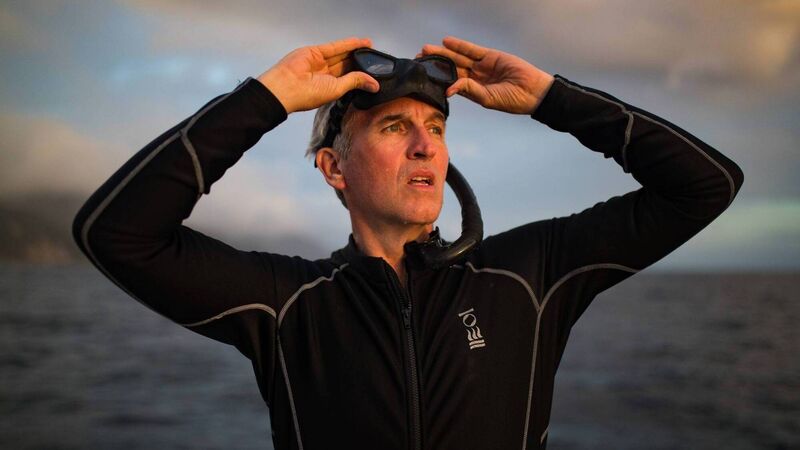Brian Skerry on diving in Ireland and incredible encounters while making Secrets Of The Whales

Brian Skerry, Secrets of the Whales.
Acclaimed marine photojournalist Brian Skerry has very fond memories of a day in the water with Ireland’s second most famous dolphin. It was one of the most colourful interactions he has had over an extraordinary career documenting marine life for National Geographic. Based in the west of Ireland, Skerry spent several weeks here exploring the Irish waters for the top science and exploration publication.
“You get occasions where they will interact with you, and that's quite rare. But one of my best actually happened off Doolin years ago. I was photographing a resident bottlenose dolphin called Dusty. It was an example where the dolphin was totally engaged and I could work with it repeatedly. That was one of the best experiences.”




